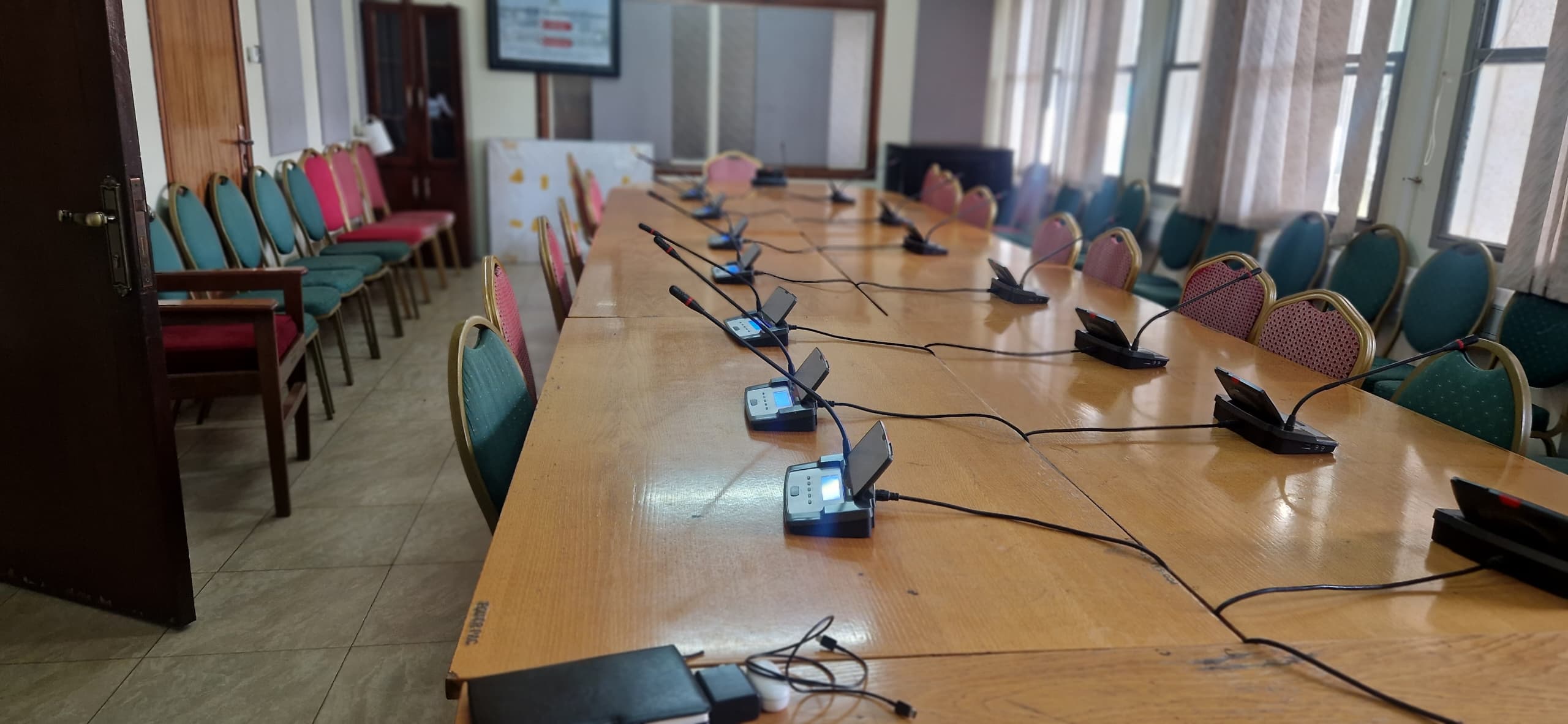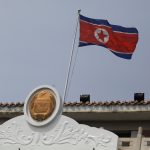Opposition members of parliament (MPs) have declined calls to end their boycott of legislative sessions. The Deputy Speaker, Thomas Tayebwa, recently announced a two week parliamentary recess to allow house committees to oversee budget implementation. However, the opposition remains firm in their boycott, attributing it to mounting pressure on the government.
The parliamentary recess initiated by Deputy Speaker Thomas Tayebwa is intended to create an opportunity for house committees to closely monitor the implementation of the budget. Nevertheless, opposition legislators have consistently rejected this move, insisting that the government’s actions and decisions have driven them to boycott parliamentary sessions.
The ongoing standoff underscores a deep divide within the legislative body, where the opposition’s concerns and grievances have led to a prolonged absence from parliamentary proceedings. Deputy Speaker Thomas Tayebwa’s decision to implement a two week recess is seen as an attempt to bridge the gap and encourage reconciliation between opposing factions.
Key Players in the Parliamentary Standoff
| Key Players | Roles and Stances |
|---|---|
| Deputy Speaker | Initiator of the two-week recess, seeks reconciliation |
| Opposition MPs | Boycotting parliamentary sessions due to grievances |
| House Committees | Tasked with monitoring budget implementation |
| Government | Accused of pressuring opposition MPs, leading to the boycott |
The Deputy Speaker, Thomas Tayebwa, is at the center of this political impasse, as he plays a pivotal role in managing parliamentary proceedings. His decision to declare a recess reflects his desire to facilitate dialogue and reconciliation between the government and the opposition.
Opposition members of parliament have taken a firm stance by continuing their boycott of parliamentary sessions. Their boycott is rooted in their perception of government actions as detrimental to the interests of their constituents. This boycott has disrupted normal legislative activities and heightened tensions within the parliament.
The government’s role in this ongoing standoff is significant. It is accused by the opposition of creating the circumstances that led to the boycott. Resolving these differences and bringing the opposition back to the legislative process will require delicate negotiations and a willingness to address the concerns raised by the boycotting MPs.




















